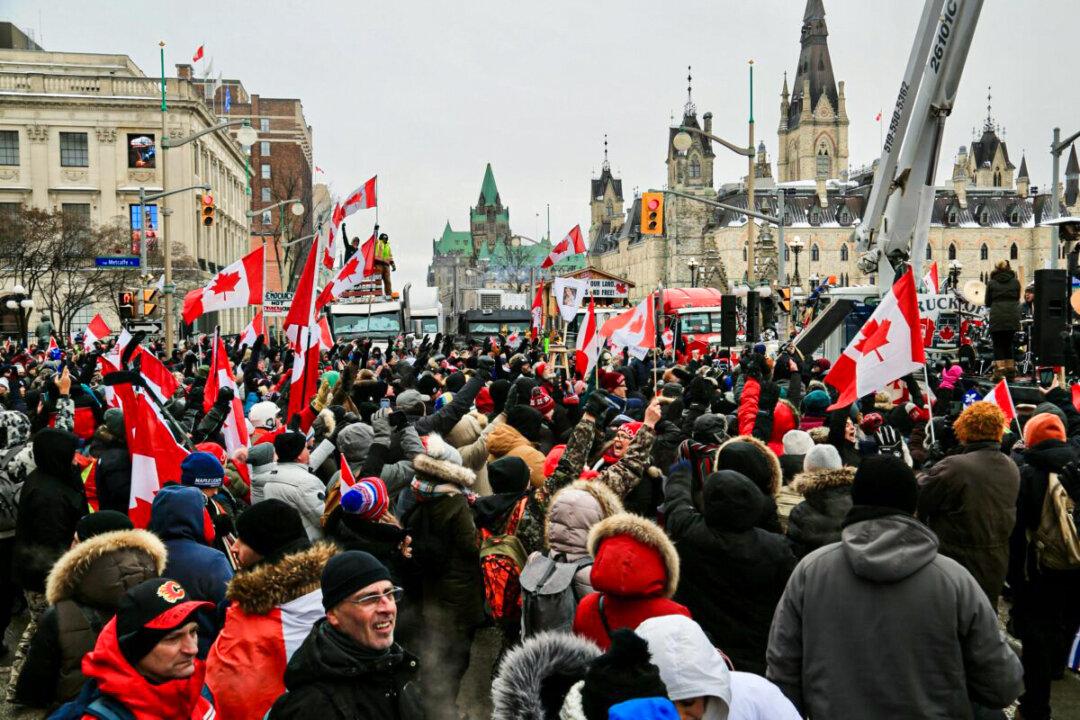With a health care system in desperate need of innovation, every candidate competes to avoid saying anything new.
Overall, 37 percent of Canadian voters rank health care as their top issue going into the election, according to an Ipsos survey. But only 5.8 percent say health care will change their vote, a Nanos poll found. That number would increase if candidates actually said something unique about health care. But no one does. They all wrap themselves in the flag of medicare and pledge allegiance to our national icon. Since health care won’t win more votes, it ends up as the most important non-issue in every election. Voters learn nothing new and hear more of the same or nothing at all.





